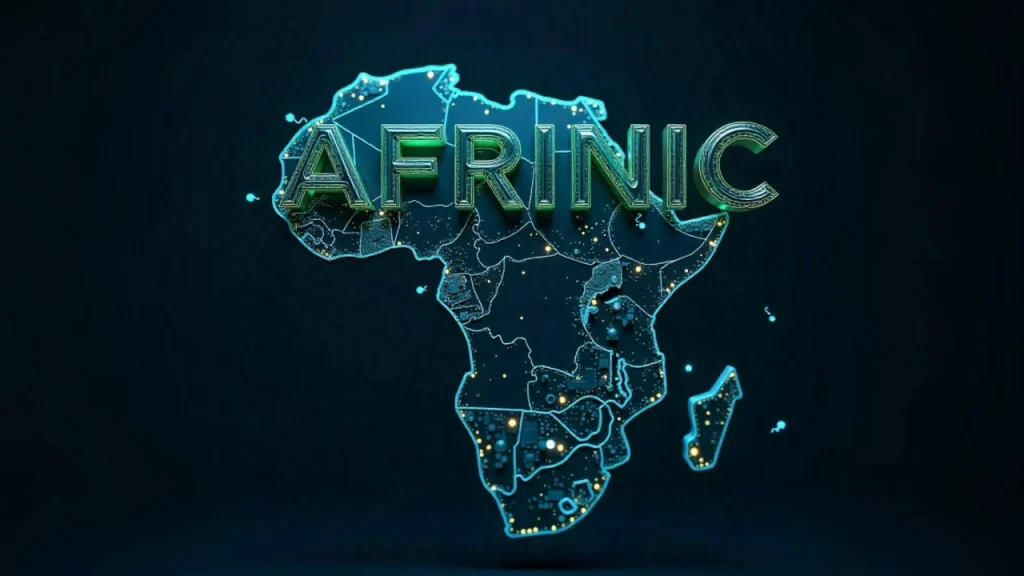- AFRINIC board leaders held high-level meetings with Smart Africa at the Transform Africa Summit, signalling unusually close cooperation amid ongoing CAIGA controversy.
- The growing alignment strengthens fears that AFRINIC is drifting toward a state-centric governance model that could sideline the community that rebuilt the registry.
AFRINIC’s leadership is drawing scrutiny after senior board figures used last month’s Transform Africa Summit (TAS) in Guinea to deepen ties with Smart Africa — the same organisation pushing CAIGA, a state-driven governance model widely criticised for undermining foundational internet governance principles.
A new AFRINIC dispatch from the summit reveals that Vice-Chair Abdelaziz Hilali and Stakeholder Development Head Arthur N’guessan held what the organisation described as “a key meeting” with Smart Africa Director General Lacina Koné. The report frames the encounter as an effort to “open the door to deeper collaboration” and reaffirm Smart Africa as “an ally” whose initiatives AFRINIC intends to align with.
Also Read: ICANN and Smart Africa: A shift in internet power in Africa?
Alarm in Africa – community condemns ICANN
For many in the African technical community, that phrasing is alarming.
Smart Africa’s proposed Continental Africa Internet Governance Architecture (CAIGA) would place supervisory authority for AFRINIC into the hands of government-appointed officials — a move analysts warn would dismantle the bottom-up structure that underpins all Regional Internet Registries (RIRs). The initiative has been condemned by prominent figures including Alice Munyua and Milton Mueller, who argue that CAIGA represents a political takeover attempt disguised as continental coordination.
Until now, much of the criticism focused on ICANN, which quietly backed Smart Africa’s work through funding, administrative support, and a 2024 Memorandum of Understanding. But AFRINIC’s own posture at TAS 2025 suggests the registry’s leadership may be increasingly receptive to Smart Africa’s political vision.
AFRINIC’s summit summary repeatedly casts Smart Africa in a positive light, describing the organisation as a strategic partner in Africa’s “digital transformation” and an essential actor in “coordinating technical programmes with continental flagship projects.” The report also notes that governments and regulators “are eager for AFRINIC to resume a more active and structured presence,” and that AFRINIC is aligning itself with national authorities eager for capacity-building and policy guidance.
Also Read: AFRINIC vs. CAIGA: Competing visions for Africa’s internet future
Governments above the community
For critics, this reads less like neutral engagement and more like active positioning within a state-led governance ecosystem. Working closely with Smart Africa in this moment is not benign. It signals that AFRINIC’s board is comfortable operating alongside — or even under — institutions that explicitly want to place governments above the community.
The timing is particularly sensitive. AFRINIC only recently emerged from four years of legal paralysis, culminating in a historic community-led election that rebuilt the board. Many saw that period as proof that community self-governance, despite upheaval, can still work.
Now, with Smart Africa pushing a model that would override that democracy, AFRINIC’s warm engagement risks sending a conflicting message: that the registry may be willing to trade its hard-won autonomy for continental political favour.

